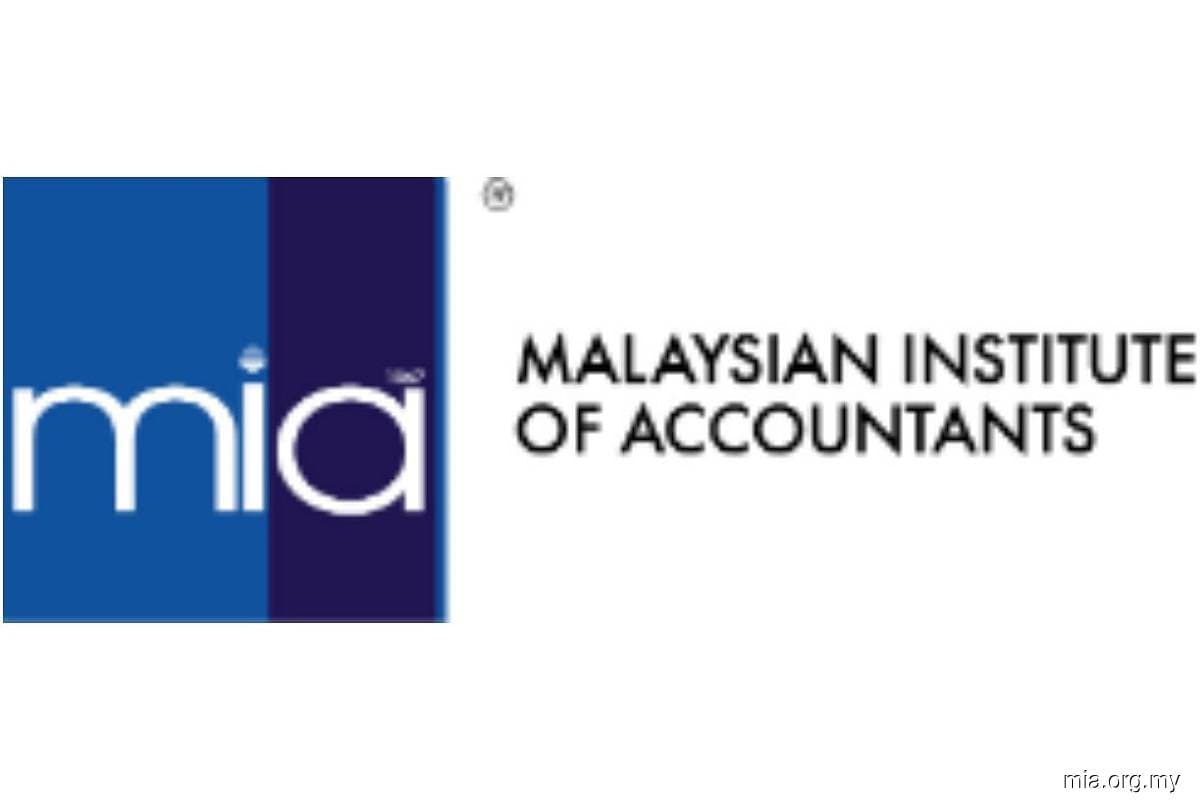
KUALA LUMPUR (April 20): Regulating the shadow economy or informal economy which is equivalent to about a third of Malaysia's gross domestic product, could generate hundreds of millions in tax revenues, according to the Malaysian Institute of Accountants (MIA).
However, this will require stronger enforcement to boost tax compliance, said MIA.
In a statement today in conjunction with a panel session entitled: "Reconstruction of the Malaysian Tax System: Where are We Heading?", MIA president Dr Veerinderjeet Singh said the shadow economy and tax administration are the immediate areas which should be looked at while pushing the economy forward.
He said transforming tax administration through digitalisation and technology adoption such as the application of data analytics is imperative to enhance tax operations and enforcement.
"Using data analytics could shift the onus for generating tax returns from the taxpayer by enabling tax authorities to compute the tax payable in real time, for example.
"To optimise the use of data analytics, government ministries and agencies should be more integrated, cut through silos and share data.
"Greater inter-ministerial and inter-agency coordination and data sharing will lead to more efficient enforcement and better compliance," he said.
Another key recommendation made during the panel session was for tax authorities and regulators to prepare a tax blueprint, which will set the agenda for tax policy, and a supporting road map for implementation.
This will apprise stakeholders especially taxpayers of the planned changes and provide sufficient time for transitions and education.
MIA said the blueprint and road map should be combined with very clear communication processes, public relations and awareness building campaigns, and reporting mechanisms on the tax spending and outcomes to build transparency, governance and taxpayer trust.
The panel said comparative studies on tax policies of different countries showed that it takes between two and seven years for the benefits to be realised and the authorities should have the resilience and patience to stick to the plan even if negative feedback is received.
Apart from Dr Veerinderjeet as moderator, the panel featured Ernst & Young Tax Consultants Sdn Bhd Asean Tax Leader and Malaysia Tax Amarjeet Singh; Deputy Director of Customs, Service Tax Policy and Implementation Branch, Internal Tax Division, Royal Malaysian Customs Department Roszita Dim; and Professor of Economics and Senior Fellow, Jeffrey Cheah Institute on Southeast Asia Dr Yeah Kim Leng.
The panel session was part of a two-day virtual tax conference featuring topics ranging from the OECD/G20 Inclusive Framework on BEPS (base erosion profit shifting) and Pillars 1 and 2 in response to the tax challenges of the digital economy to tax big data, updated transfer pricing regulations and tax self-regulation.
The conference was jointly organised by the MIA and the Malaysian Association of Tax Accountants.